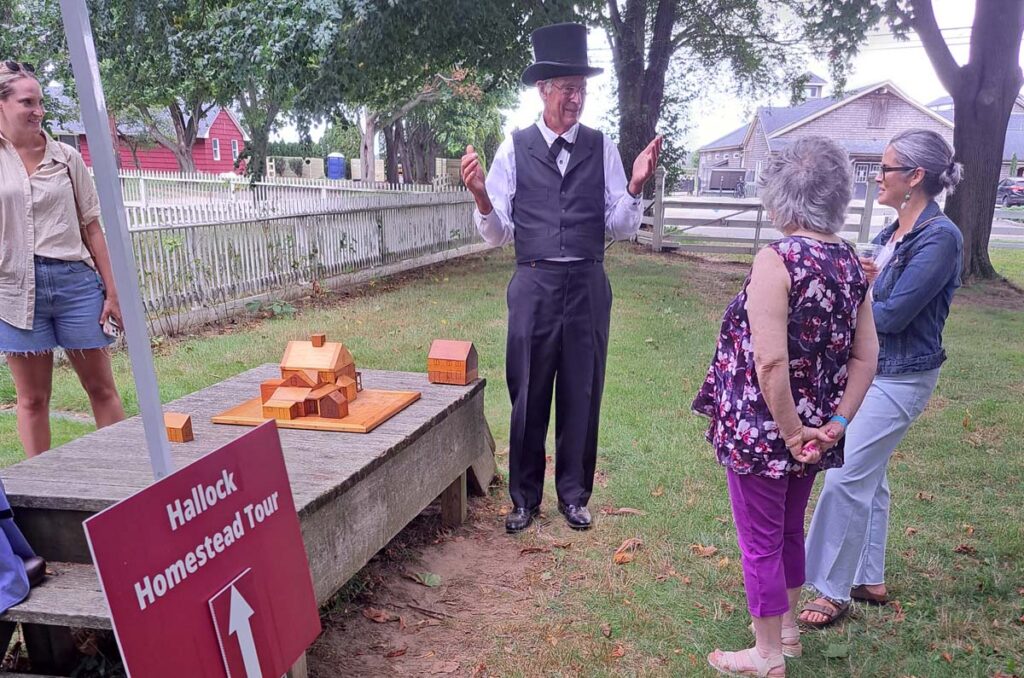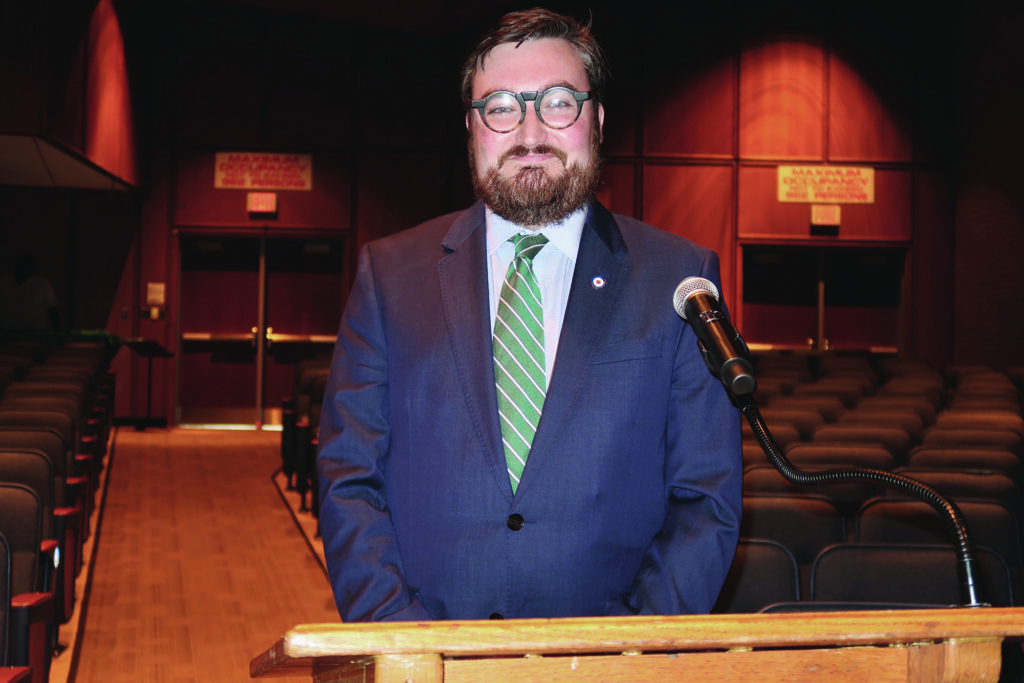Riverhead School Board: 3 schools prepare reports for NYS after missing progress benchmarks
Work preparing a state-required quality report in Pulaski Street School is moving along smoothly, the intermediate school’s principal said during a presentation at Tuesday evening’s Riverhead school board meeting.
Pulaski Street School is required to submit a School Quality Review report this year after it did not reach the state “annual yearly progress” (AYP) requirement for disabled students for the past two straight years, explained the principal, David Densieski.
Phillips Avenue Elementary and Riverhead High School were also required to submit a report after failing to meet the AYP for two years in a row for certain groups of students, although no presentations were made Tuesday on those reports. Phillips Avenue’s economically-disadvantaged, black, and English learning students missed the cut, while disabled students, Hispanics, and economically-disadvantaged students did not reach state proficiency at the high school.
All three schools reached the AYP requirement for all other groups of students, and no other schools were cited for review, said Superintendent Nancy Carney.
As part of the review process, Mr. Densieski and the other school principles were required to collect evidence about their school’s programs and submit them to the state for review. The school administrators were also required to rate their own ability to obtain evidence. In Pulaski Street School’s case, a Special Education School Improvement Specialist (SESIS) was brought in from the Eastern Suffolk BOCES to develop a “quality improvement plan” for the school.
A “comprehensive education plan” will then be drafted and put into place, Mr. Densieski said. If the school still fails to meet state requirements, the state will take more control over the process. Should a school miss the mark for three straight years, the state will take leadership of the improvements away from the principal and make specific instructions on how to fix the school.
Ms. Carney said the required reports wouldn’t cost the district any additional money, but would cost time and effort from administrators to complete.
The schools fell below the mark in their respective subgroups because of changes in state testing and grading policy, Mr. Densieski said. The state did away with the “Safe Harbor” policy, which gave schools a pass from making the lengthy report as long as the failing group was within a certain range close to the cut-off and all the other group scores were exceptional. The state also raised the “cut scores” this past year, and changed tests from year to year to make them less predictable.
Mr. Densieski said last year, two schools in Eastern Suffolk fell under the mark and had to be reviewed. This year, he said, 26 schools were cited for missing the goal.
The state Department of Education has said the sudden jump in failing subgroups is not due to this year’s testing changes, according to Tuesday night’s presentation.
Despite the extra work and time put into the report, Mr. Densieski said the School Quality Review gave his team of teachers and administrators an opportunity to take a close look at school policies.
“So far in my experience, [the state is] basically creating a culture of ongoing review, looking at your programs, looking at your instructors, looking at what you’re doing, looking at that through evidence-based data … and really getting down to the nitty gritty,” he said. “The positive end of this as a principal of a school is that it made me look intricately at what we’re doing.”
School board member Jeffrey Falisi questioned whether the state and federal government were focusing on testing at the cost of imaginative learning and if that was best for students.
Mr. Densieski said that while it may appear that the testing is a burden at first glance, the state was working hard to prevent that imbalance, adding that it was beneficial for teachers to constantly learn new ways to educate.
“I believe it’s our job to continue to find better ways to instruct students so they are successful, and that’s a never-ending process,” he said.
In other news, the school board approved an out-of-state field trip for 81 students in the Riverhead High School Chamber Orchestra, Jazz Ensemble and Chamber Choir to perform at a “Music in the Parks” competition at Hersheypark in Hershey, Pa. on June 1 and 2.
Ms. Carney also thanked the Riverhead High School Council for Unity, which raised $1,500 during a bowling night to raise money for Christopher Timpone, a 9-year-old fourth-grader at Aquebogue Elementary School who was recently diagnosed with Ewing’s Sarcoma, a rare type of bone cancer.








